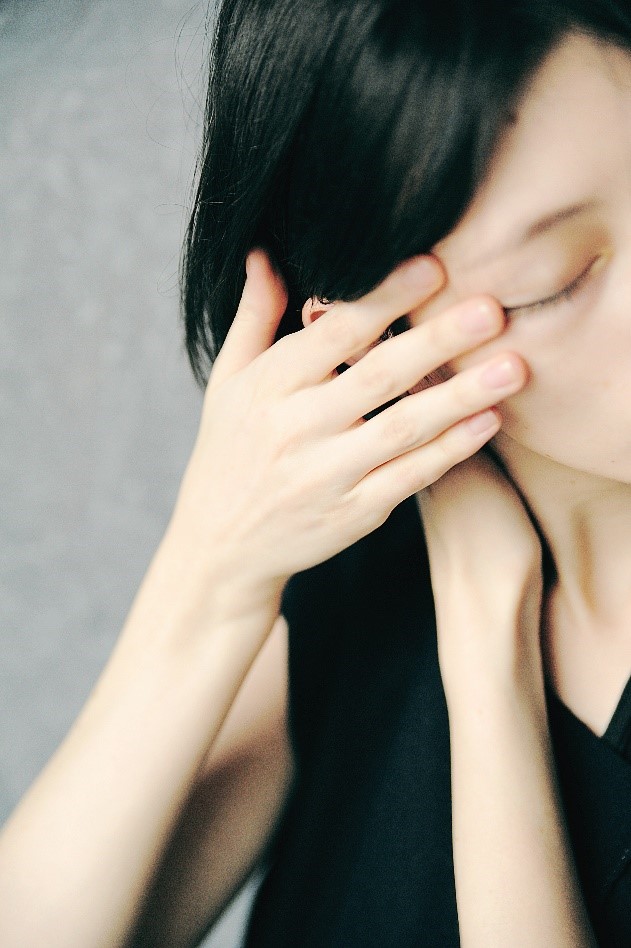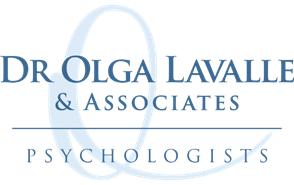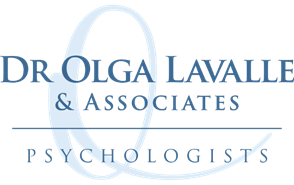Bushfires are occurring nationwide, and as we keep updated with the news, there seems to be no end in sight to them. The devastation to communities, with many people losing their homes, damage to buildings and infrastructure, loss of possessions, livestock, animals, and worst still life.
If you’ve been directly or indirectly exposed to bushfires, you may have some physical and emotional reactions. It’s important to know that these reactions vary from person to person and there is no right or wrong way to feel. These reactions can last from several days to weeks and are normal.
Why normal? Because experiencing a stressful event in particular if there may be some threat of harm to us is an abnormal situation that we do not encounter regularly. At the time of a sudden traumatic event, our bodies and our brain react with the ‘fight or flight’ adrenalin response. During the first few days and weeks, those parts of the brain that respond to threat can become overactive and release a higher than normal stress or ‘threat’ hormones. Which then keeps the adrenalin response going – which is why we can feel more frightened, even after we are safe.
After the event, our brains try to make sense of everything, and while we can experience unpleasant emotions, this is part of the healing process.
Some of the typical reactions you may experience from a disaster can include: feeling overwhelmed, numb and detached, finding it hard to concentrate, crying, having bad dreams, not sleeping well, questioning yourself about what you “could have done” or “should have done”, and continually going over the event in your head.
If your reactions continue for more than a month or you start to feel a sense that your emotional and physical reactions are not normal, then seek some professional help.
For some people, these bushfires may trigger a past event, or you may start to have thoughts of self-harm, feel overwhelmed, your anxiety continues, you feel low in mood, or experience panic attacks or have feelings of guilt, then you need to reach out for assistance and receive some professional help. The reactions mentioned are not an exhaustive list.
TIPS TO COPE
- Remember you have been through a terrifying experience and don’t be too hard on yourself. Give yourself some time;
- Spend time with family and friends;
- Talk about what happened to people who are supportive, but don’t feel pressured to do so if you don’t want to;
- Eat healthily and get some exercise;
- Try to return to your usual routine;
- Make time for things that you enjoy doing;
- Avoid excessive alcohol use or drugs;
- Reach out to family and friends for support.
If you’re finding it hard to cope or need some support or guidance to support your children, our psychologists are here to help.
Ring us on 42445636 and we are happy to talk to you about how we can help you.
By Olga Lavalle



